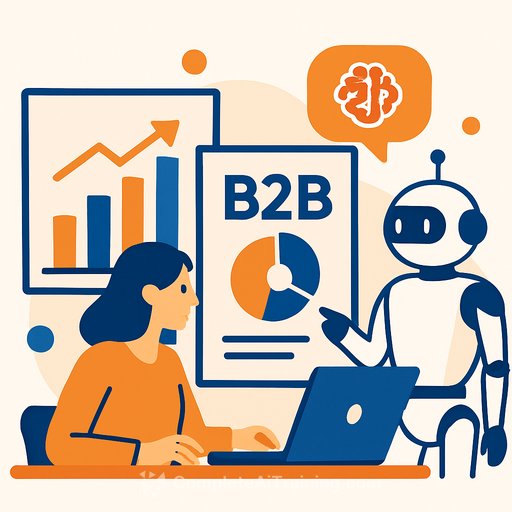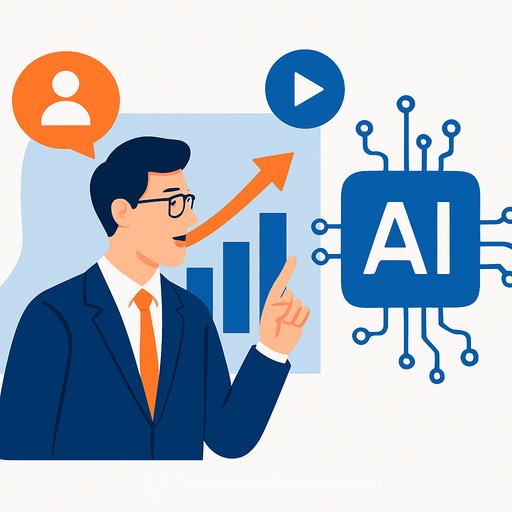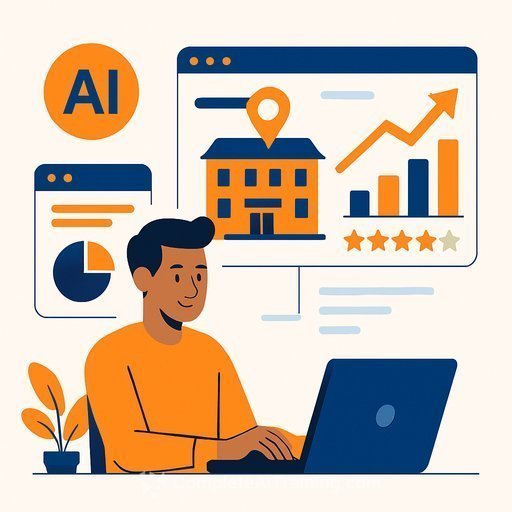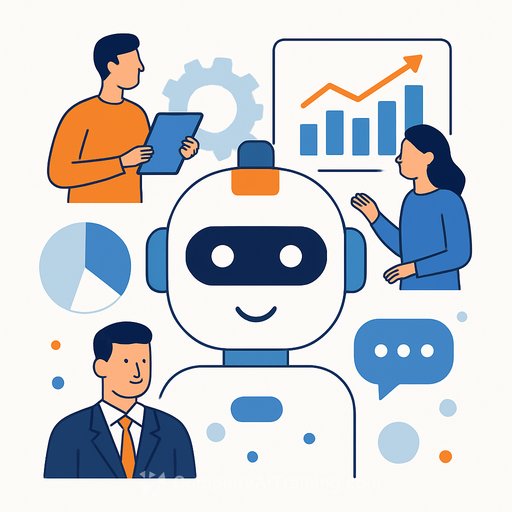4 Ways AI is Rewriting B2B Marketing Strategy in 2025
In 2025, the question for marketing teams isn’t whether to use AI, but how to implement it effectively to scale. AI has moved beyond basic automation or simple content suggestions. It’s now a core component of B2B marketing, influencing everything from analytics to customer relationships. As AI adoption grows, marketers must rethink how they connect, convert, and communicate with their audiences.
Here are four practical ways AI is reshaping B2B marketing strategies and what marketers need to focus on to stay competitive and relevant.
AI-Enhanced Content Creation: From Output to Impact
Content remains essential, but in 2025, its value depends on relevance and resonance. Over half of marketers use generative AI tools for content creation and ideation. However, scaling content production without attention to quality risks producing predictable, inauthentic material that audiences quickly detect.
AI’s strength lies in helping brands create smarter, not just more, content. It democratizes creativity, enabling consistent messaging while supporting rapid localization and design. AI-powered video tools are also opening new avenues for thought leadership with scalable budgets that fit B2B marketing constraints.
Content optimization is just as important as creation. With more buyers engaging through AI-driven search engines and conversational interfaces, marketers must optimize content for discoverability beyond traditional keyword rankings. AI amplifies creativity but balancing efficiency with authenticity is critical to maintaining customer trust.
Predictive Analytics: From Reporting to Retention
Generating leads is only part of the equation; retaining and nurturing those leads drives growth. Companies with net retention rates over 100% grow significantly faster than those below 60%. AI-powered analytics are now essential tools for marketers, not just sales teams.
Predictive models help identify accounts at risk of churn, reveal hidden pain points, and guide personalized campaigns. This approach turns large volumes of marketing data into actionable warnings and opportunities, allowing proactive engagement instead of reactive responses.
Using AI to anticipate customer behavior gives marketing teams a strategic edge in retention efforts and long-term growth.
Personalization at Scale: Trust is the New Metric
Customers expect brands to understand their individual needs—73% according to Accenture. AI enables hyper-relevant personalization across channels by tailoring messaging, content, and user journeys at scale.
However, marketers must balance relevance with respect for privacy. The best use of AI-driven personalization creates meaningful, timely interactions without crossing into intrusion.
Real-time conversations and adaptive digital experiences powered by AI meet customers where they are, delivering what they need—often before they realize it themselves. Chatbot-led personalization, for example, has boosted conversion rates dramatically, from 2% to 33% in some cases. This shows how impactful conversational AI can be when used thoughtfully.
Personalization is a strategy that requires transparency and integrity to keep customer trust intact amid increasing automation.
Operational AI: Automate to Humanize
AI automation in 2025 has shifted marketing from manual execution to strategic orchestration. Buyers expect automated nurturing, dynamic content routing, and real-time engagement as standard. Yet, many marketers still feel uncertain about how to use generative AI safely and effectively.
When implemented well, AI enhances lead scoring, content distribution, and campaign optimization. This reduces repetitive tasks and increases responsiveness, freeing marketers to focus on creativity and strategy.
The goal is not to replace humans but to enable them to spend more time on what only humans can do: strategize, create, and build genuine connections.
Final Thoughts: AI as Strategy, Not Just a Toolset
AI’s role in B2B marketing goes beyond new tools or improved operations. It demands a shift toward building stronger customer connections. Success in 2025 depends on using AI not just for efficiency, but to deliver intelligence with empathy.
Marketers who excel will be those fluent in what AI can unlock: deeper trust, smarter decisions, and authentic human connections at scale. Start small, learn quickly, and scale fast—always keeping the human on the other end of every interaction.
For marketers looking to sharpen their AI skills and apply these insights right away, exploring specialized AI training courses can provide actionable knowledge. Check out Complete AI Training’s latest AI courses to get started.
```Your membership also unlocks:






